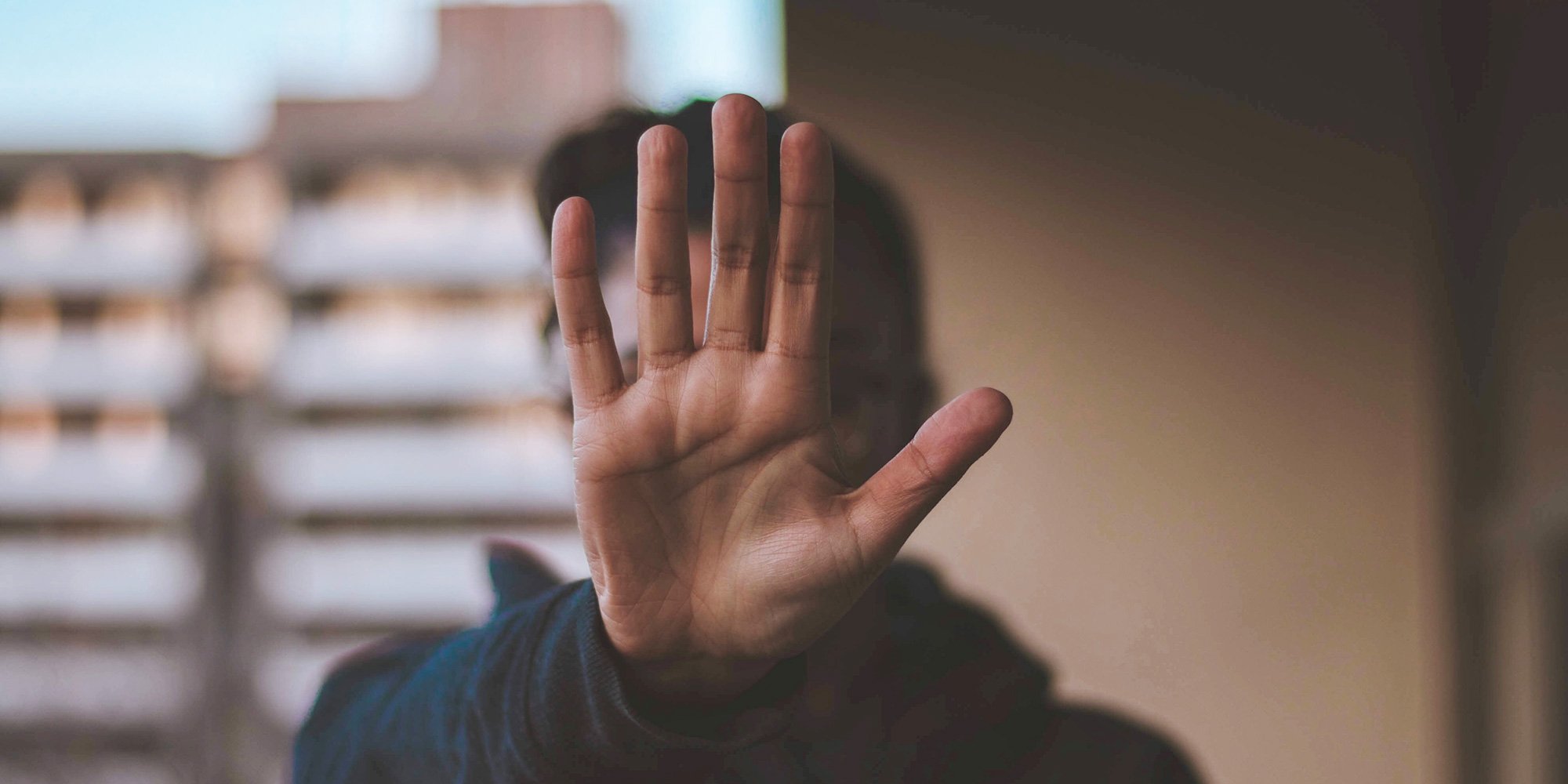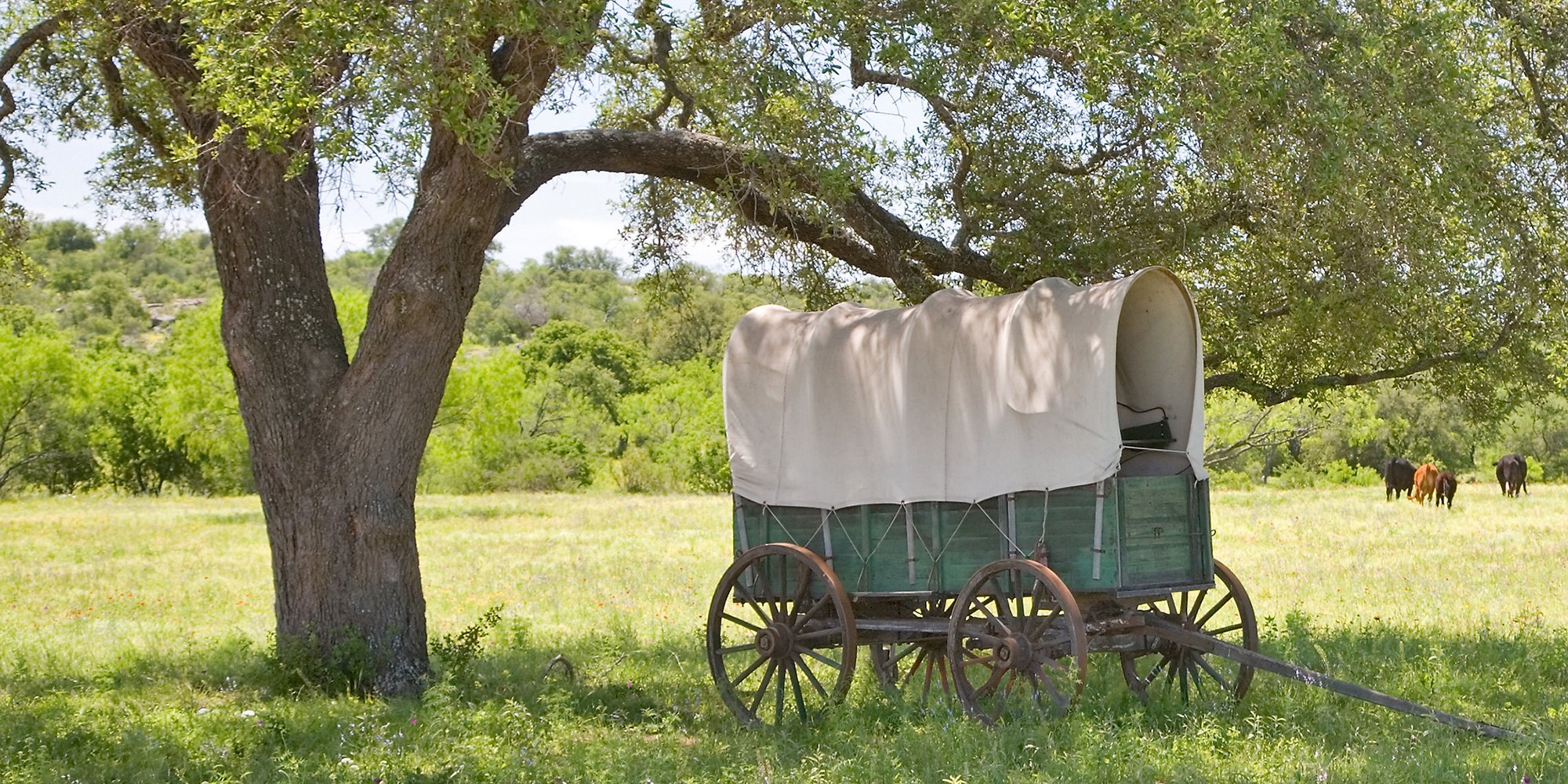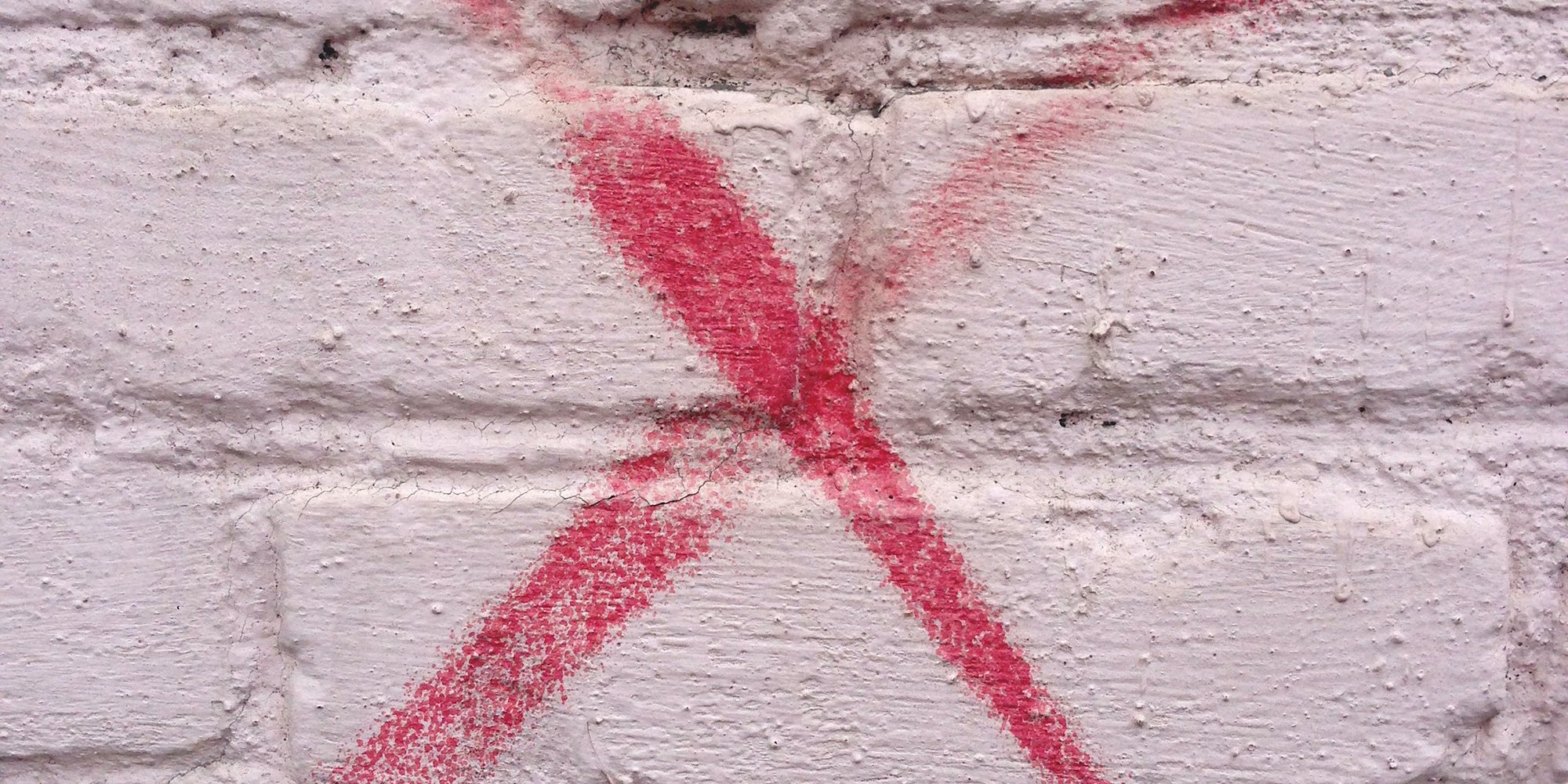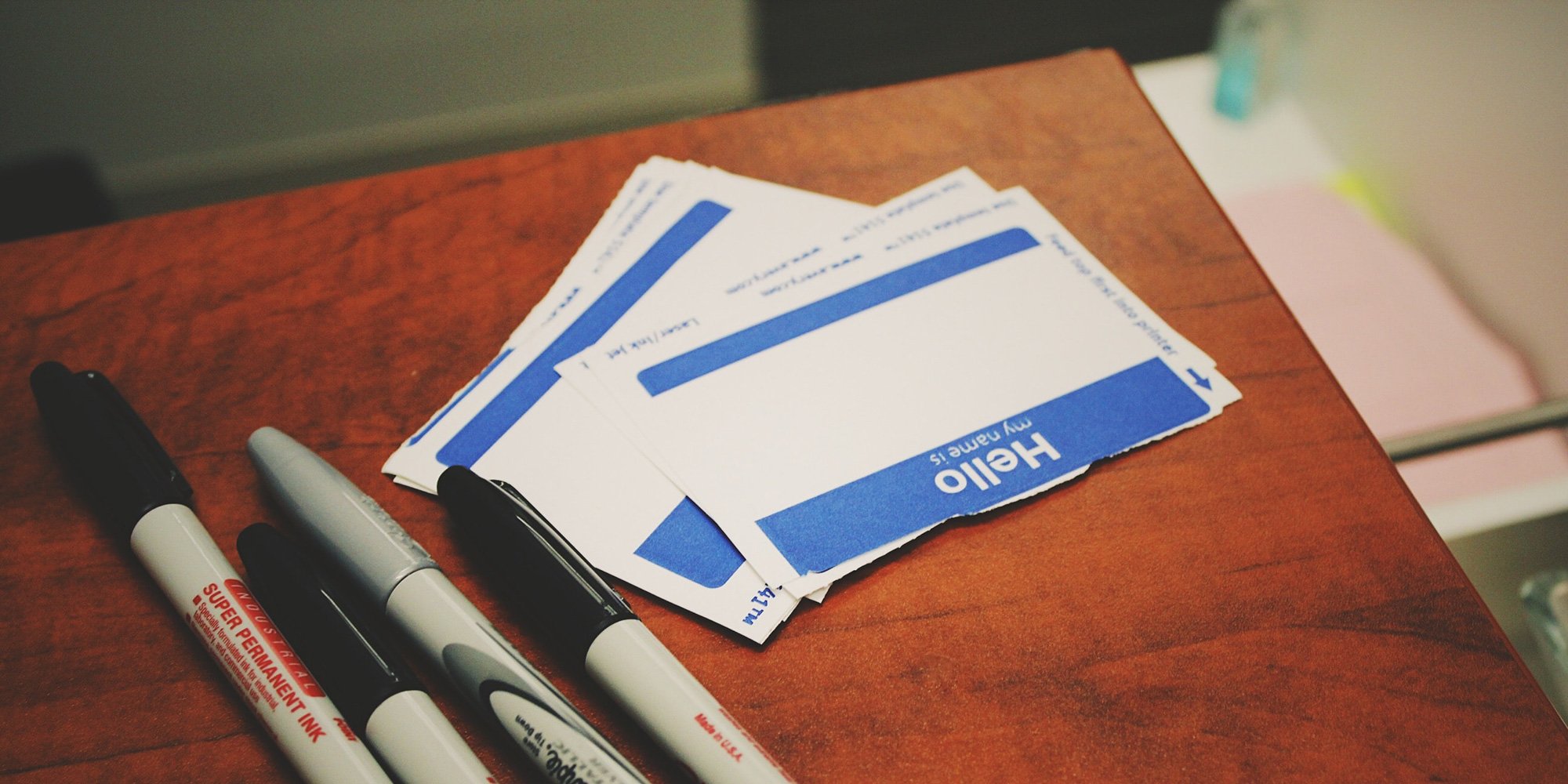Indian Giver - Don’t Make the Same Mistake as Matt Lauer
Earlier this year, I wrote about Kevin O’Leary, a business commentator and co-host of The Lang & O’Leary Exchange, unwisely using the term “Indian...
2 min read
Bob Joseph October 21, 2013

A post we wrote in early October 2013 about a celebrity who used a colloquialism on air received over 1600 opens on our website, according to our analytic report. This got us thinking about the degree of interest there is within our readership to find out more about colloquialisms so we thought we should provide some background to the origins of these expressions.
The phrase “Indian giver” is one of the most frequently used derogatory colloquialisms. There are glaring examples of celebrities whose use of the term earned them a great deal of negative press. In 2011, Kim Kardashian’s mother used the term on Good Morning America in relation to her daughter’s ex-husband requesting the ring back after a 72-day marriage; Kevin O’Leary infamously used the expression during a debate in 2011 with his co-host, Amanda Lang, on Lang and O’Leary; and most recently, Matt Lauer used the phrase while covering the 2012 London Olympics for NBC’s Today.
“Indian Giver” was a hit song by the group 1920 Fruitgum Company in 1969, and in 1993, an entire episode of Seinfeld was based on the offensiveness of the phrase.
The phrase obviously was in common usage as it became ingrained in the vernacular of North Americans, from children on the playground to professional broadcasters so how did that come to be?
It was first used in print in 1765 in The history of the Province of Massachusetts Bay author Thomas Hutchinson wrote, “An Indian gift is a proverbial expression signifying a present for which an equivalent return is expected.” In 1860, John Russell Bartlett included it in his Dictionary of Americanisms “as one who gives a present and then takes it back.” The online Merriam-Webster dictionary currently shows this (note the "sometimes offensive" definer):
Indian giver, noun
sometimes offensive
: a person who gives something to another and then takes it back or expects an equivalent in return
The Oxford American Dictionary (circa the 1980s) includes it but the Compact Oxford Canadian Dictionary, 2006, does not. Progress!
There are two opposing schools of thought about the origin of this derogatory phrase.
Does it refer to the early U.S. government giving land to the Indians through signed treaties, then breaking the treaties?
Or does it date back to early contact and is it another example of a culture clash? European settlers, coming from a monetary economy, did not understand bartering. When given an item, they did not realize they were to offer something back in return. If something was not offered in return, then the Native Americans expected their offering to be returned. One side was bartering, the other receiving a gift.
Settlers also did not understand that gift-giving was central to Native American culture and that when a gift was presented, it was done so with honour, and with the notion that the gift would be used and valued. But, if the recipient of the gift did not use it, then that was viewed as disrespect, and the item was taken back, and likely given to someone else who would use it and appreciate it.
The settlers, not understanding either of these aspects of the Native American culture, were in turn offended and the phrase "Indian giver" was born.
What is your understanding of the origin of this colloquialism?
If you are interested in learning more about colloquialisms and why to avoid their usage, check out our training in Self-Guided, Live-Guided or In-Person formats.
Featured photo: Unsplash

Earlier this year, I wrote about Kevin O’Leary, a business commentator and co-host of The Lang & O’Leary Exchange, unwisely using the term “Indian...

Colloquial expressions that involve Indigenous Peoples or their culture are derogatory and offensive and should be avoided. As recently as 2011,...

We’ve talked about the definition of Indigenous Peoples and the constitutional significance of Indigenous or Aboriginal. In this article, we drill...